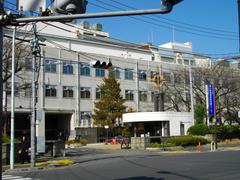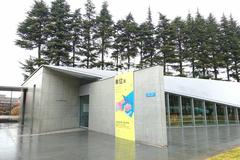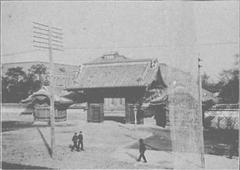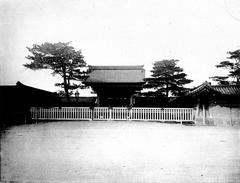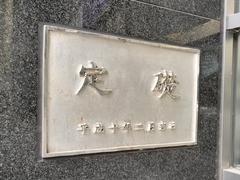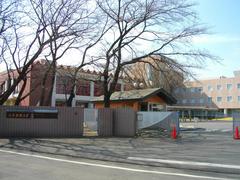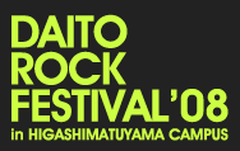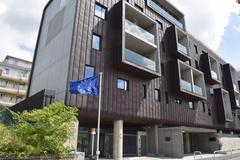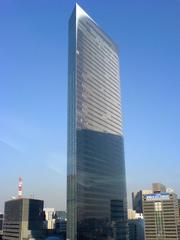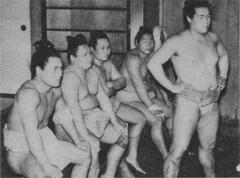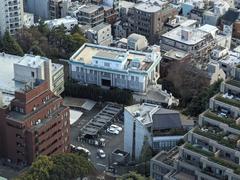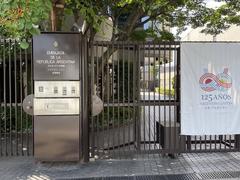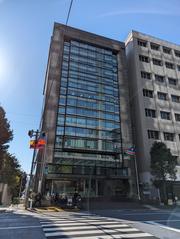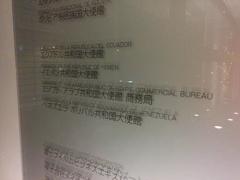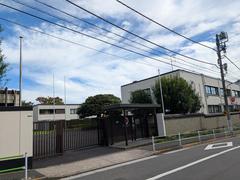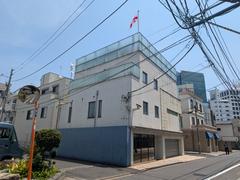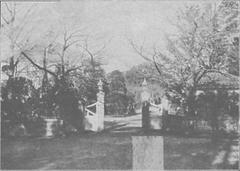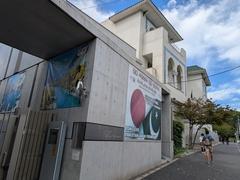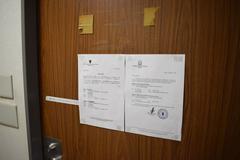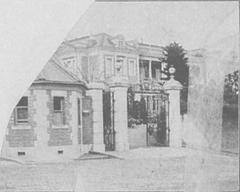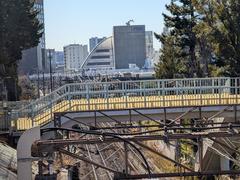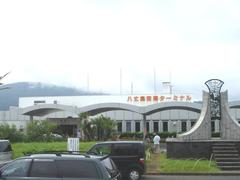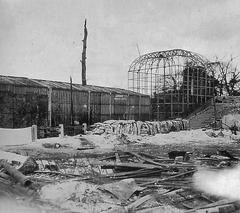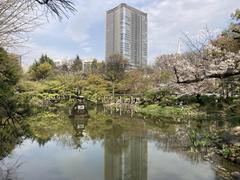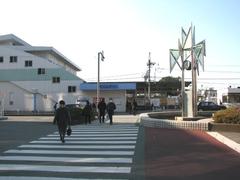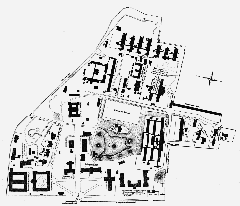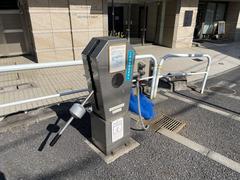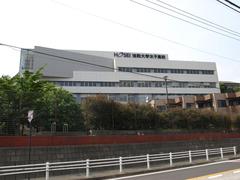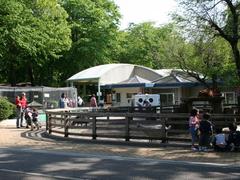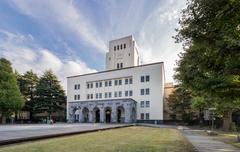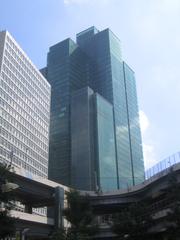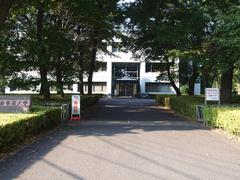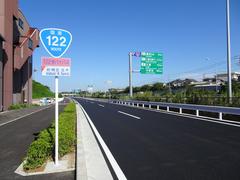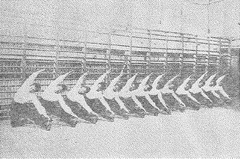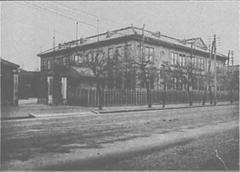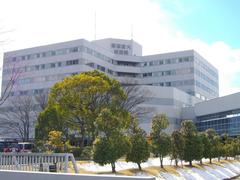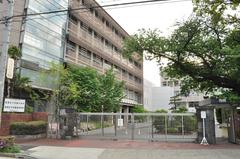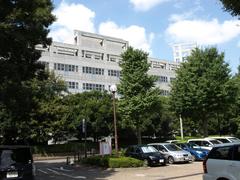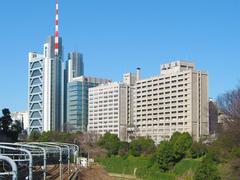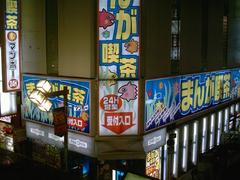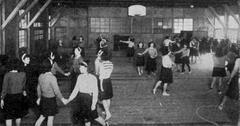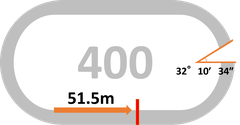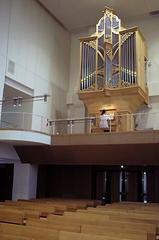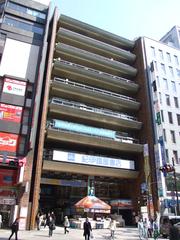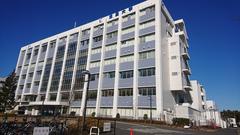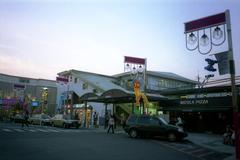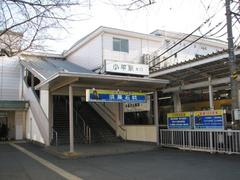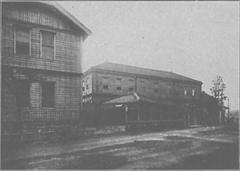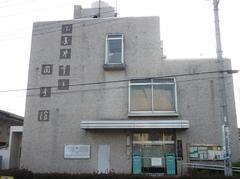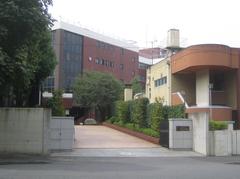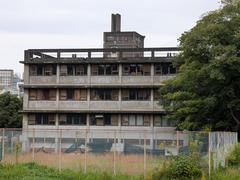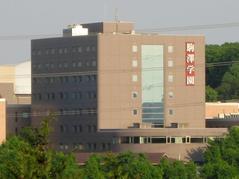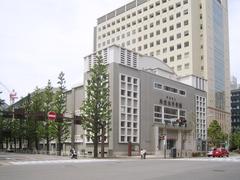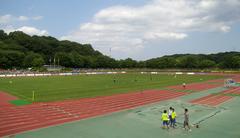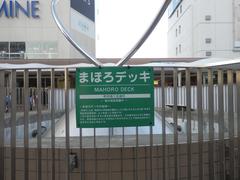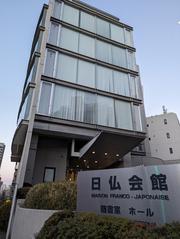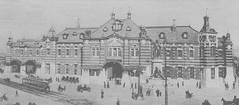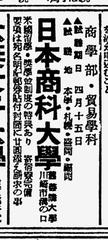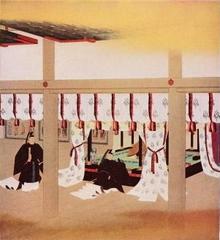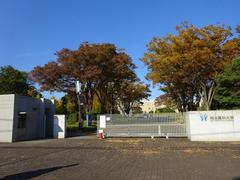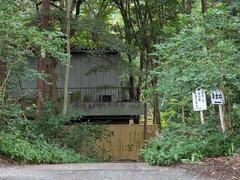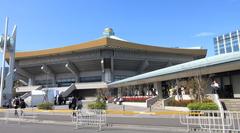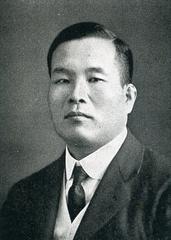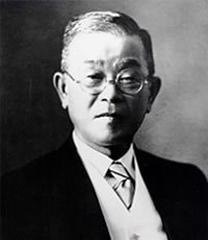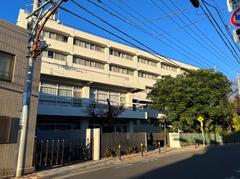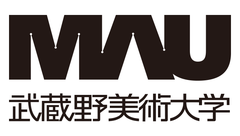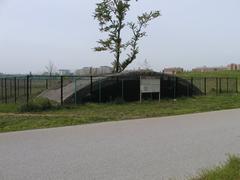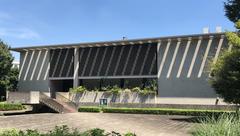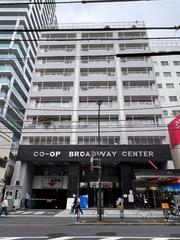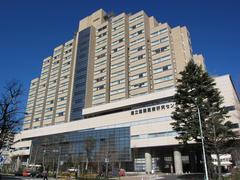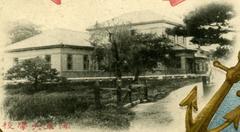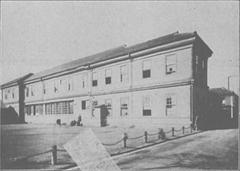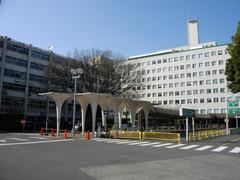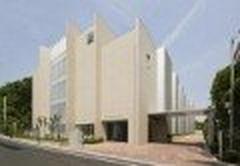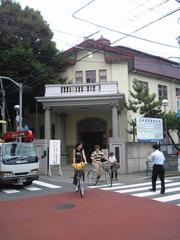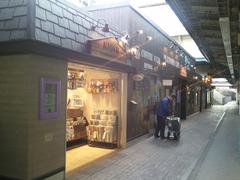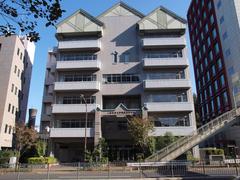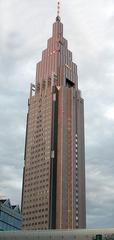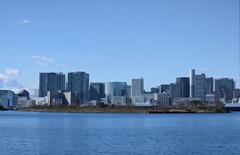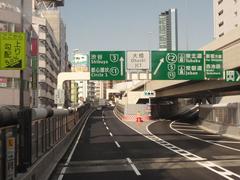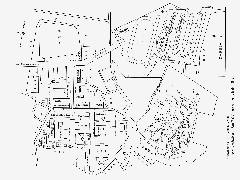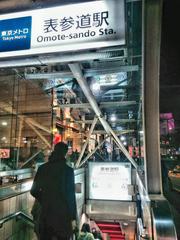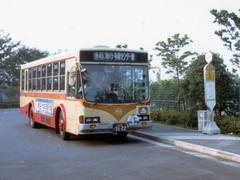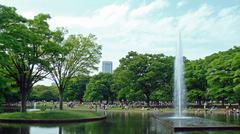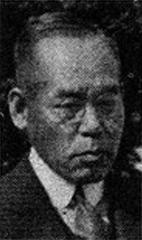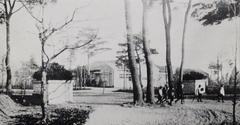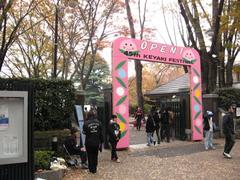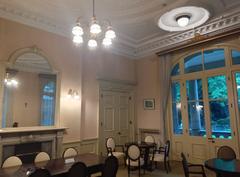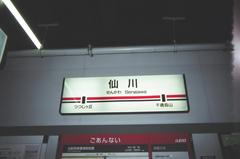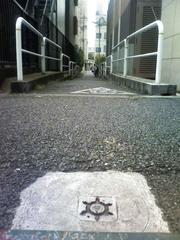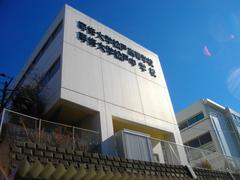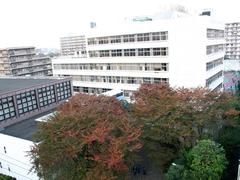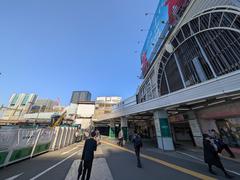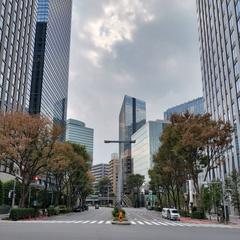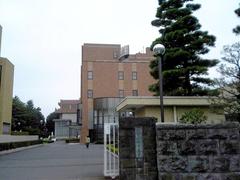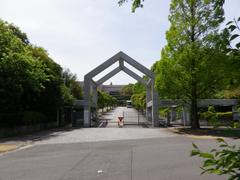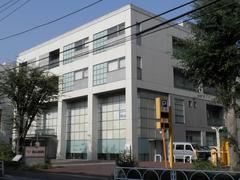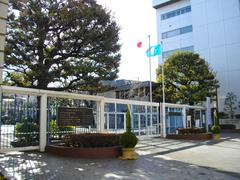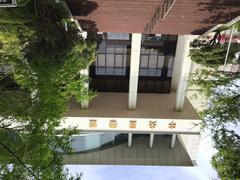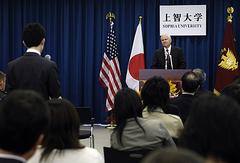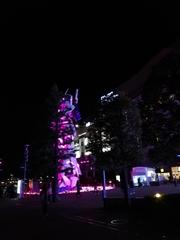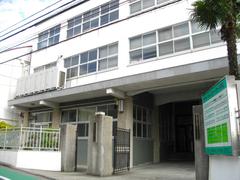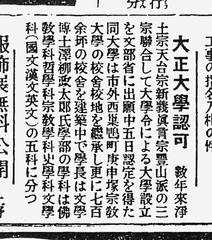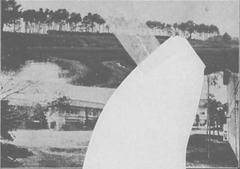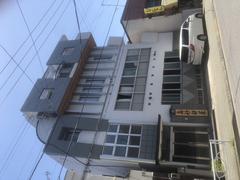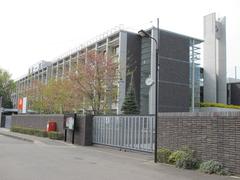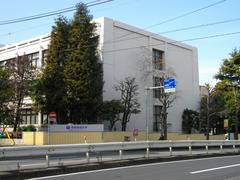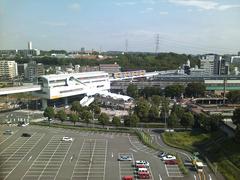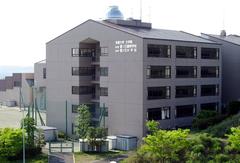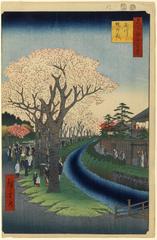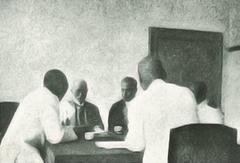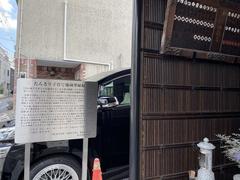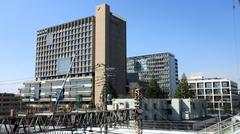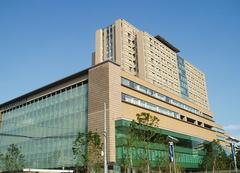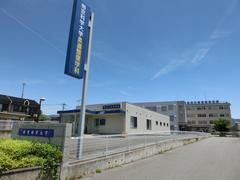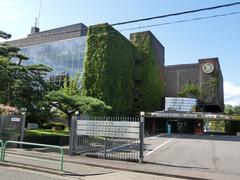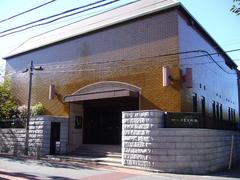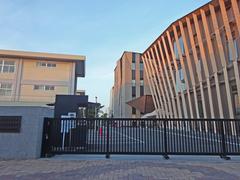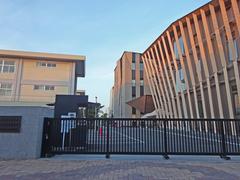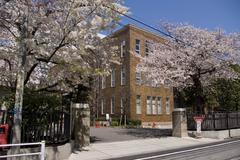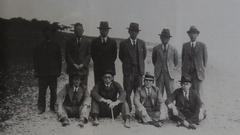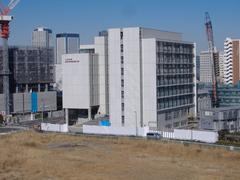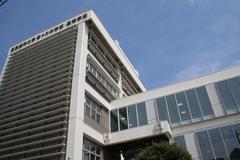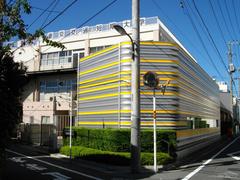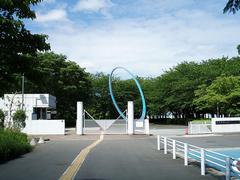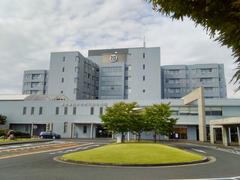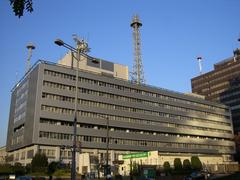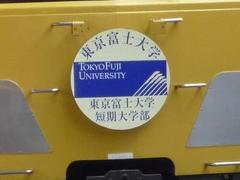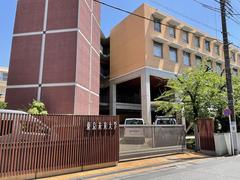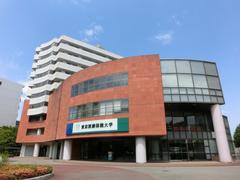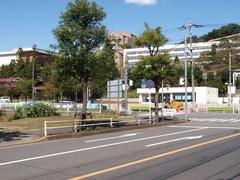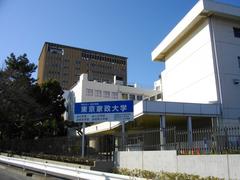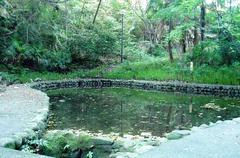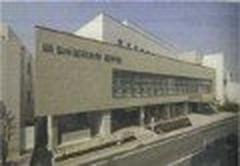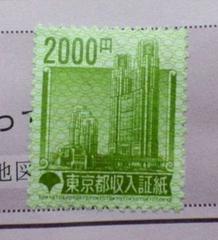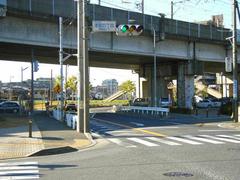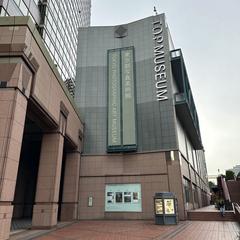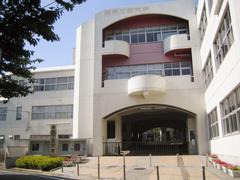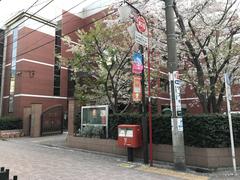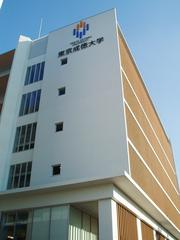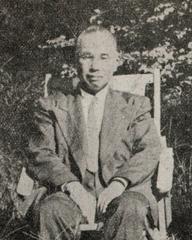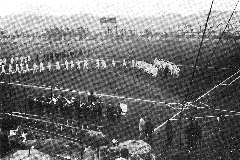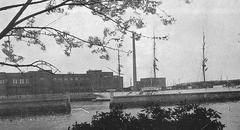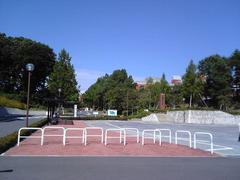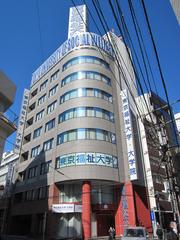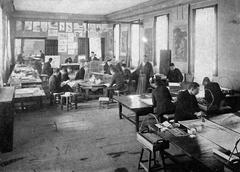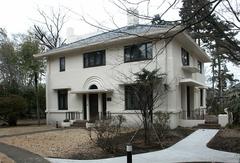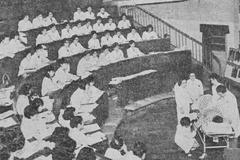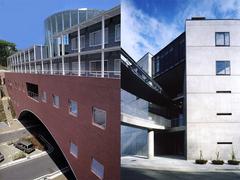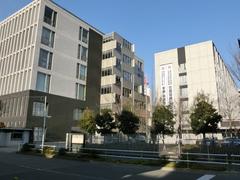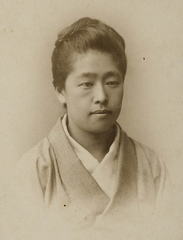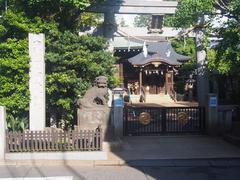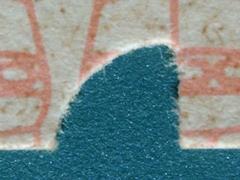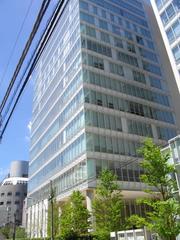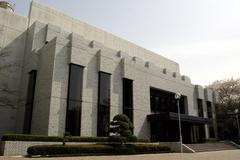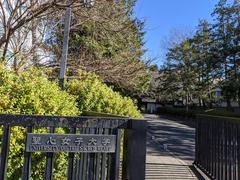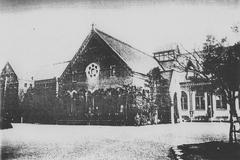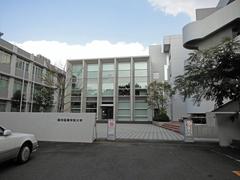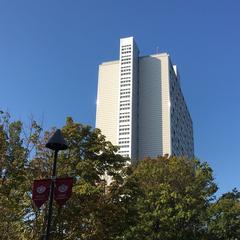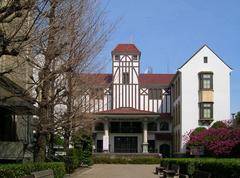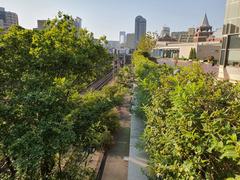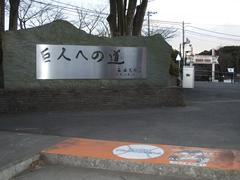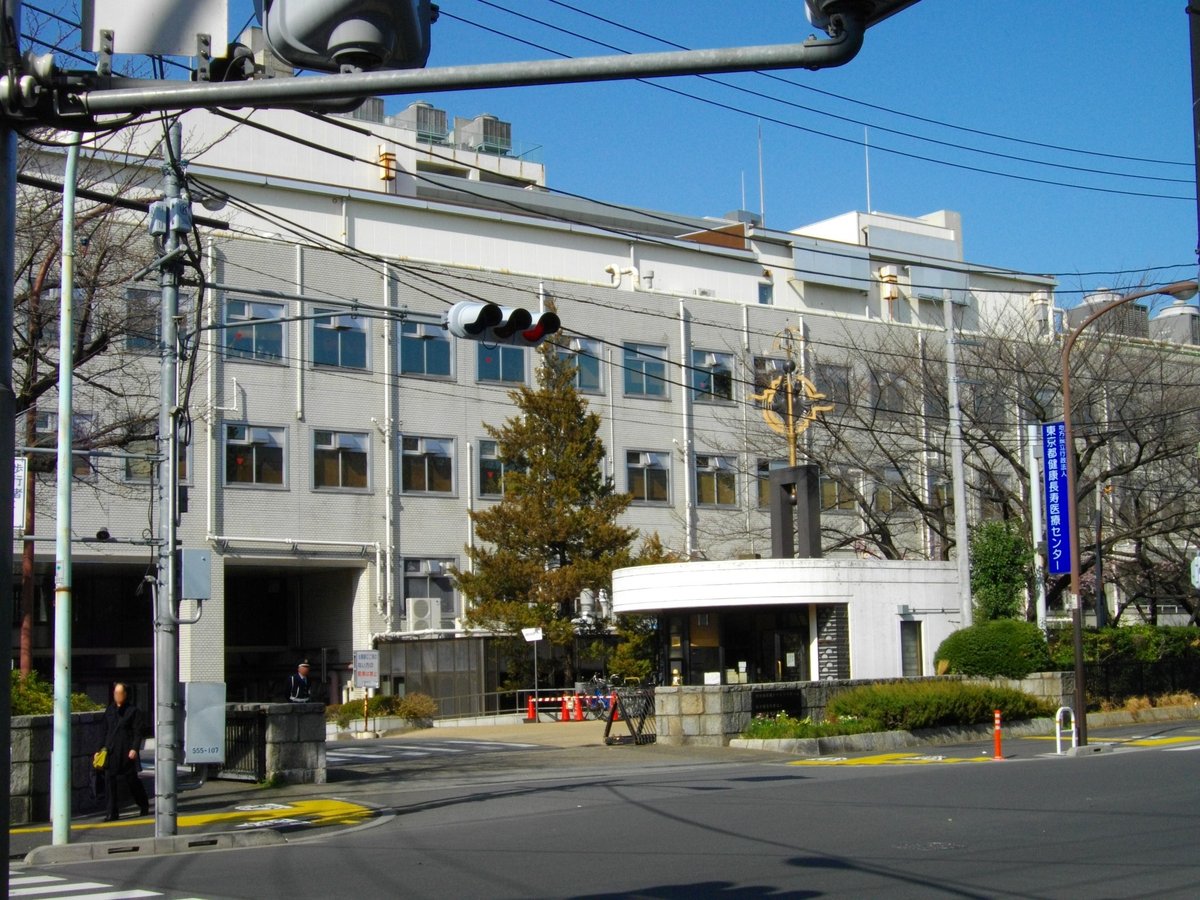
Tokyo Metropolitan Geriatric Hospital: Visiting Hours, Access & Visitor Guide
Date: 15/06/2025
Introduction
The Tokyo Metropolitan Geriatric Hospital and Institute of Gerontology (TMGHIG) is a flagship institution in Tokyo’s healthcare landscape, dedicated to the comprehensive care, research, and education surrounding Japan’s rapidly aging population. With its origins dating back to 1972, TMGHIG has become an essential pillar of geriatric medicine, blending clinical excellence with innovative research and community outreach. This guide provides detailed information for visitors—including family members, healthcare professionals, and those with an academic or personal interest in gerontology—covering visiting hours, access, facility features, etiquette, and practical travel tips. Whether you are supporting a patient or seeking to understand Japan’s approach to eldercare, this resource will help ensure a smooth and respectful visit (TMGHIG Official Website, ScienceDirect, ExpatDen).
Table of Contents
- Introduction
- History and Institutional Evolution
- Research and Significance
- Architectural and Campus Features
- Visitor Information
- Hospital Etiquette and Visitor Guidelines
- Emergency Procedures and Safety
- Language Support and Communication
- Facilities and Amenities
- Frequently Asked Questions (FAQ)
- Contact Information
- Conclusion
- References
History and Institutional Evolution
TMGHIG traces its roots to the establishment of the Tokyo Metropolitan Institute of Gerontology (TMIG) in 1972, at a time when Japan began to address the societal impact of a rapidly aging demographic. Initially a research-focused institute, TMIG soon expanded with the founding of the Tokyo Metropolitan Geriatric Hospital on the same campus in Itabashi-ku, Tokyo. This dual structure—unique for its time—combined clinical care for the elderly with interdisciplinary research, addressing medical, psychological, and social aspects of aging (TMGHIG President’s Message).
A major institutional milestone occurred in 2009 when TMIG and the hospital merged, forming the Tokyo Metropolitan Institute for Geriatrics and Gerontology (TMIGG). This integration enhanced collaboration, streamlined operations, and strengthened the translation of research into patient care.
Research and Significance
TMGHIG is widely recognized for its leadership in geriatric medicine, both nationally and internationally. Research spans basic and clinical medicine, pharmaceutics, epidemiology, and social sciences—including medical economics and welfare (ScienceDirect). Notable achievements include:
- Developing the TMIG Index of Competence, a widely used measure of elderly functional ability.
- Conducting longitudinal studies on aging, frailty, and dementia.
- Informing national policy on aging and eldercare models.
- Hosting international collaborations, such as with the Asia Pacific Hospice Palliative Care Network (APHN).
TMGHIG’s robust research and education programs have made it a training ground for specialists and a reference point for community-based eldercare.
Architectural and Campus Features
Located at 35-2 Sakae-cho, Itabashi-ku, Tokyo, the TMGHIG campus integrates state-of-the-art hospital facilities with advanced research laboratories and educational centers (TMGHIG Official Website). The hospital building, completed in 2013, is designed for accessibility and patient comfort, featuring peaceful gardens, modern wards, and dedicated spaces for rehabilitation and outpatient services.
Visitor Information
Visiting Hours
- General Visiting Hours: Typically 1:00 PM to 7:00 PM daily.
- Psychiatric Ward: 3:00 PM to 7:00 PM daily.
- Variations: Hours may change on holidays or during special circumstances, such as public health emergencies. Always confirm in advance by contacting the hospital.
Entry and Tickets
- No admission ticket is required for visiting patients or for official business.
- Visitors must check in at reception, present identification, and follow hospital protocols.
- Public tours are not regularly offered; some academic or community events may allow limited access upon registration (TMGHIG Official Website).
Access and Transportation
- Address: 35-2 Sakae-cho, Itabashi-ku, Tokyo 173-0015, Japan
- By Train: 10-minute walk from Itabashi Station (JR Saikyo Line) or Tokiwadai Station (Tobu Tojo Line).
- By Bus: Served by several local routes; check Tokyo transit maps or Tokyo Tourist Information Centers for assistance.
- By Taxi: Taxis are convenient; present the hospital’s Japanese name and address for clarity.
Accessibility
- The hospital is fully wheelchair accessible, with elevators, ramps, accessible restrooms, and staff available to assist visitors with disabilities.
- Visitors needing special accommodation should contact the hospital in advance.
Nearby Attractions
- Tokiwadai Park: A green space suitable for relaxation.
- Itabashi Art Museum: Regional art exhibitions, a short distance from the hospital.
- Local amenities: Convenience stores, pharmacies, and eateries are within walking distance.
Hospital Etiquette and Visitor Guidelines
Japanese hospitals maintain a quiet and orderly environment. Visitors should:
- Speak softly in all areas.
- Observe punctuality for appointments and visits.
- Use hand sanitizer upon entry; masks are required in most situations.
- Refrain from photography or video recording inside the hospital.
- Bring small, appropriate gifts only after confirming with hospital staff.
- Children under 12 are generally discouraged from visiting; exceptions may apply upon consultation.
Emergency Procedures and Safety
- Emergency Department: Open 24/7, but English-speaking staff may be limited.
- Ambulance: Dial 119 for emergencies—ambulance services are free and operated by the fire department (Japan Today).
- Hygiene Protocols: Strict infection control measures are enforced, including hand sanitizing and mask use.
Language Support and Communication
- English proficiency among staff varies; translation apps or bilingual phrasebooks are helpful.
- Emergency interpretation is available by phone via the Tokyo Metropolitan Health and Medical Information Center (Himawari) (03-5285-8181, 9:00–20:00).
- Prepare patient information and questions in both English and Japanese, if possible.
Facilities and Amenities
- Waiting Areas: Spacious, with vending machines for snacks and drinks.
- Cafeteria: Open to visitors with Japanese and Western meal options.
- Convenience Store: Stocked with essentials and located on the ground floor.
- Restrooms: Clean and accessible on every floor.
- Wi-Fi: Public Wi-Fi may be available; portable Wi-Fi or local SIM is recommended for consistent connectivity (Prepare Travel Plans).
Frequently Asked Questions (FAQ)
Q1: What are the visiting hours?
A1: Generally 1:00 PM–7:00 PM; confirm on the official website or by phone.
Q2: Do I need an appointment to visit?
A2: Visitors to patients do not need an appointment but must check in. Patients require appointments or referrals for medical consultations.
Q3: Is English spoken?
A3: Limited; bring a translation app or Japanese-speaking companion if possible.
Q4: What payment methods are accepted?
A4: Cash (yen) and major credit cards are accepted; carry cash for smaller transactions.
Q5: Are there accommodations nearby?
A5: Yes, business hotels and guesthouses are within walking distance; the hospital can provide recommendations.
Contact Information
- Address: 35-2 Sakae-cho, Itabashi-ku, Tokyo 173-0015, Japan
- Phone: +81-3-3964-1211
- Website: TMGHIG Official Website
Conclusion
TMGHIG represents the forefront of geriatric care and research in Japan, providing not only advanced medical treatment but also serving as a model for integrated eldercare. Visitors should prepare by checking current visiting hours, understanding hospital etiquette, and utilizing available resources for language and accessibility. Staying informed through the official website and using supportive tools such as the Audiala app will help ensure a respectful and productive experience.
For additional insights on healthcare facilities, travel tips, and Tokyo’s approach to elderly care, explore our related articles and stay connected via social media.
References
- Tokyo Metropolitan Geriatric Hospital and Institute of Gerontology Official Website
- ScienceDirect Article on Geriatric Care
- ExpatDen: Hospital in Japan Guide
- Asia Pacific Hospice Palliative Care Network (APHN)
- Japan Today: What to Do if You Require Medical Assistance While Visiting Japan
- Tokyo Tourist Information Centers
- Prepare Travel Plans: Tips Visiting Tokyo
